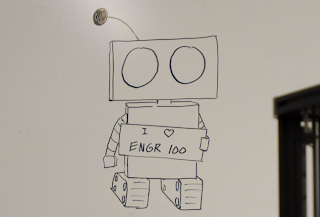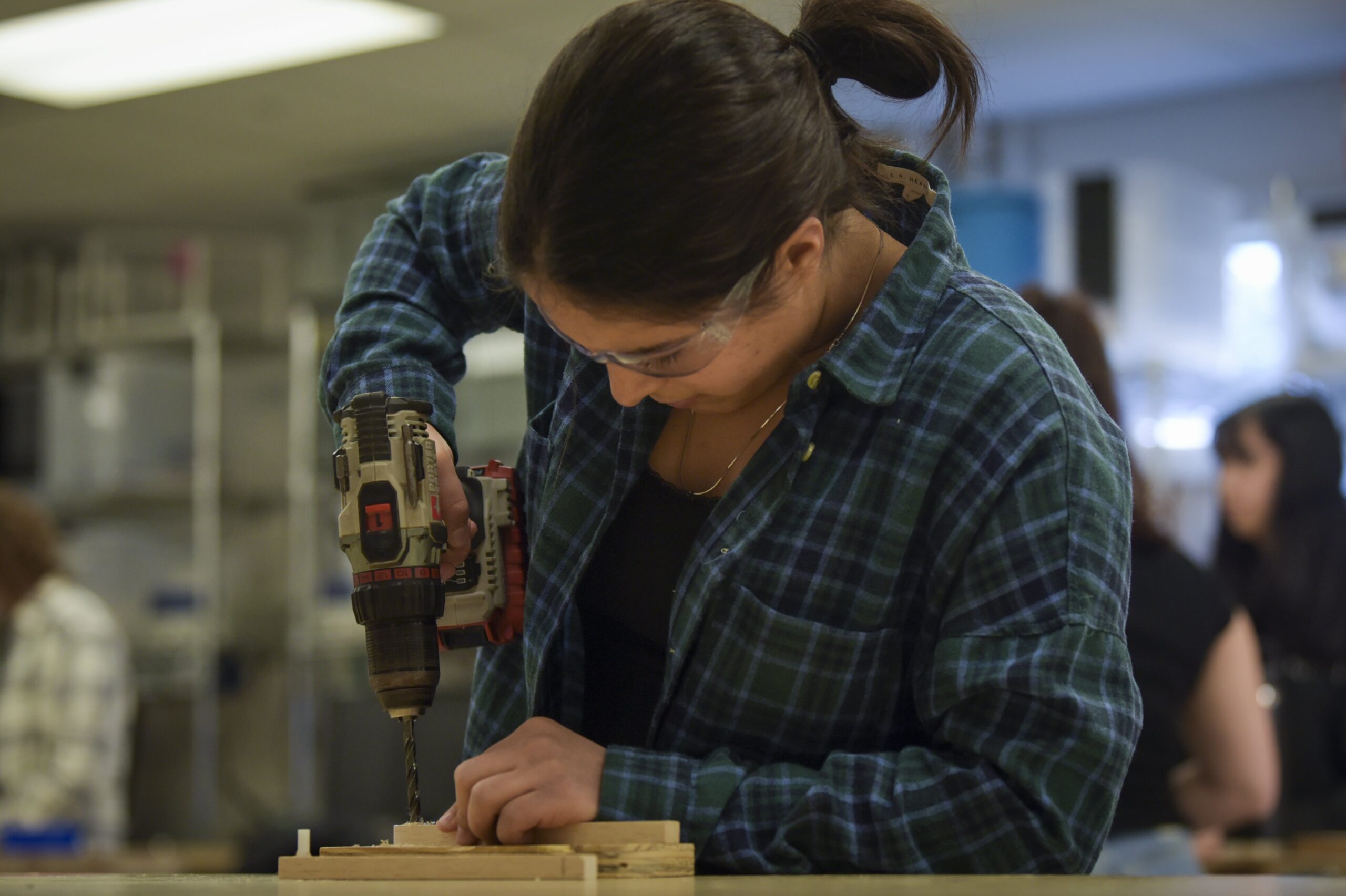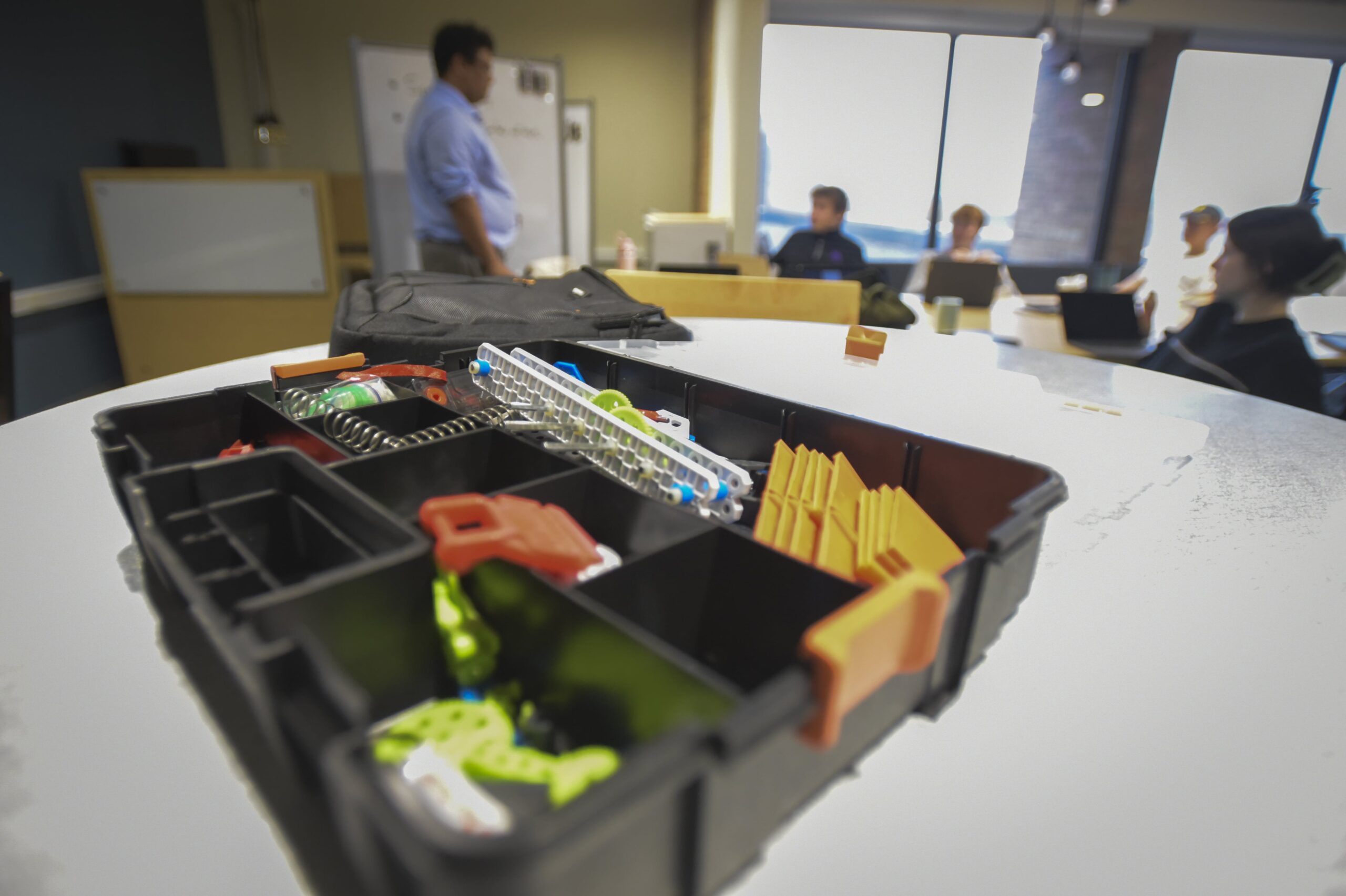< Back to Search
ENGR 100.220: Tech Revolutions: Innovation and the Creation of Value
Faculty:
Max Shtein, (MSE)
Kelly Hanson (TechComm)
Winter Term
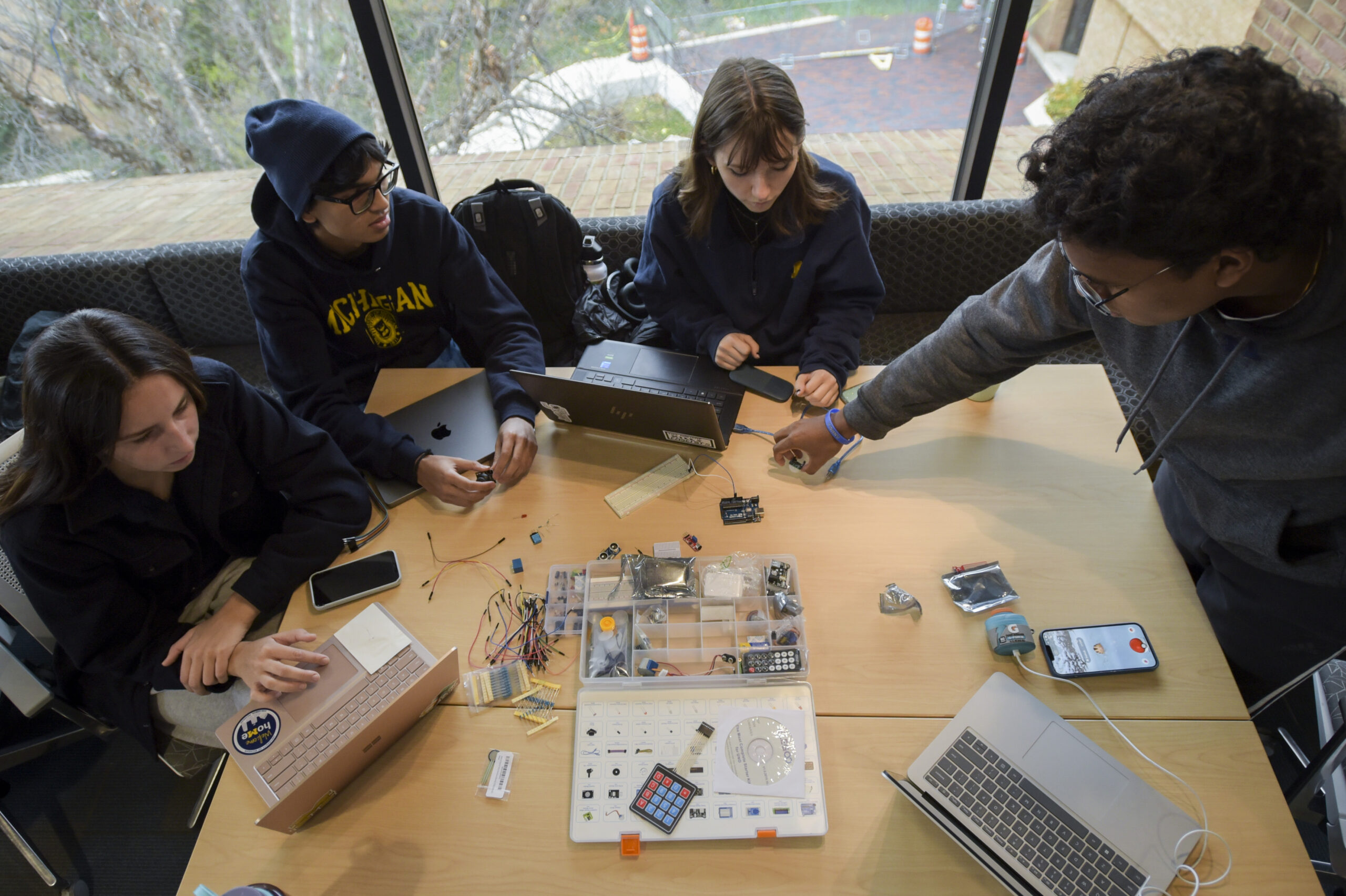

***New Section. Video coming soon.***
Course Description:
Innovative technologies have transformed daily life for workers and consumers across the globe: cars, airplanes, satellites, computers, streaming services, smartphones, ridesharing, quantum computing, and generative AI have brought about dramatic changes in just a few decades. Socially, what makes these technologies so impactful? Financially, what makes these technologies so valuable? In this class we will focus on the unique technological factors that combined to enable major innovations of the distant and recent past. We will also apply the same systemic lens to look at the new major breakthroughs we are living through today.
Throughout the course, we will analyze how technological innovations drive social and financial value:
-
Value creation: First we will consider how technological innovations create value by addressing a need or problem. We will examine different technologies and ask: What is the innovation and why/how does it work?
-
Value Delivery: Next, we will consider how these innovations are
commercialized and brought to market. How do creators work with suppliers, distributors, etc., to bring their technology to the user/customer? How do innovators marshal investment of capital and effort in new products and services, which few others even imagine? -
Value Capture: Finally, we will learn about different business models and consider what it means to move beyond an idea of a product or a service and build out a sustainable business. How do businesses stay viable to continue delivering value to customers?
Term Project:
Investigate a recent technological innovation and analyze its design, value chain/ecosystem, and business model; prepare recommendations about potential future investments.
Labs:
Mapping value ecosystems, problem scoping, problem definition, TRIZ and other invention technique workshops, tools and techniques for system analysis (sale/time/money diagram, 5 component system model, 9 screen view, 3 magicians, reverse brainstorming, root cause analysis), and more!
Section 220 has been approved by Sweetland to meet the First Year Writing Requirement (FYWR) for dual degree students in the College of Engineering and the Ross School of Business.

